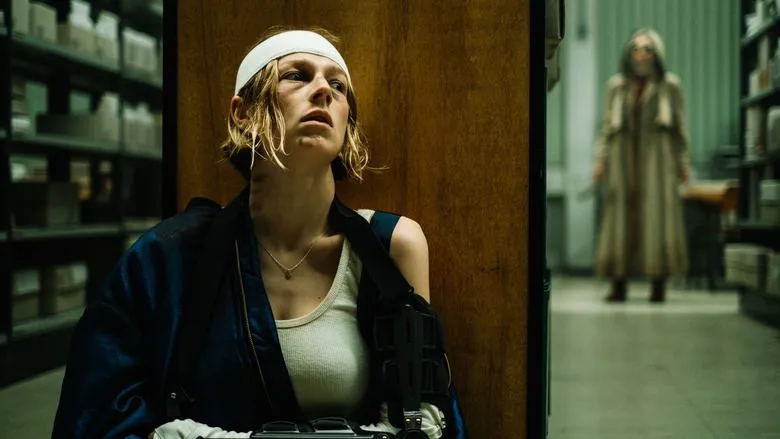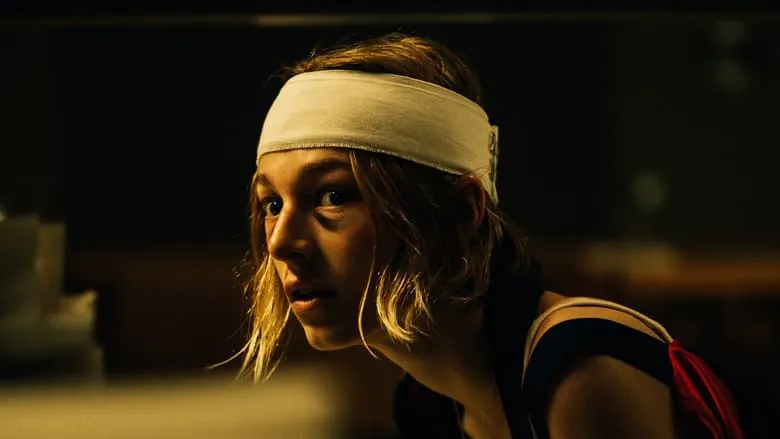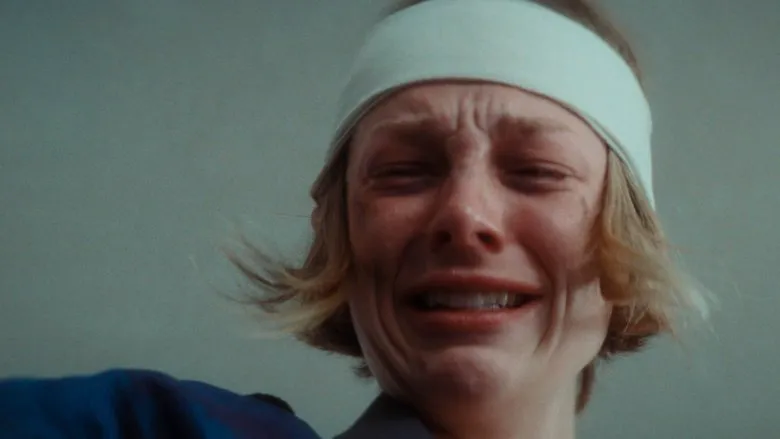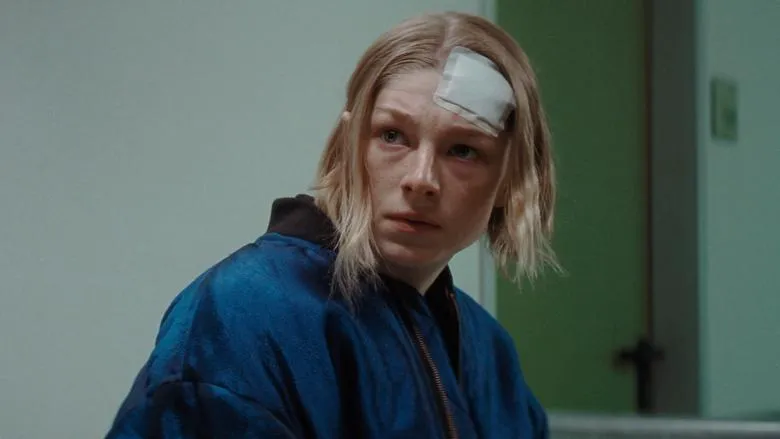Cuckoo: A Descent into Alpine Madness
Tilman Singer’s “Cuckoo,” a thriller set against the majestic backdrop of the Alps, has arrived, and it’s an experience that’s as perplexing as it is visually striking. The film flirts with the absurd, but an unwavering seriousness ultimately works against it, preventing it from fully embracing its potential.

What is “Cuckoo” really about? What transpires beneath its stylish surface? Does the narrative thread hold, or is it intentionally frayed? These are questions that even after the credits roll, linger without definitive answers. The film unfolds as a meticulously crafted, often captivating psychological thriller nestled within a mysterious Alpine resort, yet defining the core narrative proves elusive.
The story centers on Gretchen (Hunter Schafer), a troubled 17-year-old navigating life after her mother’s death. She’s reluctantly integrated into the family of her father, Luis (Marton Csokas), her stepmother, Beth (Jessica Henwick), and her younger half-sister, Alma (Mila Lieu). Gretchen’s deliberate distancing from Alma feels like an early setup for a redemption arc, but whether that payoff arrives remains very much an open question.
An Enigmatic Web of Intrigue
“Cuckoo” hints at dark secrets – strange pregnancies and violent deaths – tied to the resort where Gretchen’s father played a role in its construction for his enigmatic boss. Mr. Konig (Dan Stevens) isn’t your average employer; he oozes villainy, telegraphed through carefully chosen attire and a strangely exaggerated pronunciation of Gretchen’s name. As the resort’s owner, he resides in a mountaintop villa, radiating an aura of control.

Stevens embodies Konig with a Wizard of Oz-like persona. But his motives, the driving force of the mystery, remain frustratingly obscured., keeping the audience hooked, at least initially. However, patience wanes as the narrative cohesion falters, and the promised payoff never materializes. For director Tilman Singer, the film’s lack of clarity and satisfaction seems almost intentional, mirroring his previous work “Luz.”

Style Over Substance? A Delicate Balance
Despite these shortcomings, the film’s opening acts demonstrate the director’s craft. The suspenseful moments are staged effectively, creating a believable foreboding atmosphere. Singer’s direction is undeniably stylish, framing the Alps as a beautiful, yet isolated prison for Gretchen. It is enhanced by subtle hints that the resort exists outside the normal constraints of time.
Hunter Schafer’s compelling performance significantly contributes to the film’s appeal. Drawing upon her experiences in “Euphoria,” she delivers an engrossing performance as she navigates the confusing situation. Schafer fully embraces the demands of the role. Her commitment may serve as a stellar screen test for upcoming, meatier film roles.

The Spiral Downward
The second half of “Cuckoo” tests the audience’s resilience, transforming from intriguing to tiresome. The hazy secrets surrounding Mr. Konig veer into the ridiculous, seeking some vague sense of profundity that never truly arrives. The half-baked exposition, including a convoluted speech about cuckoos and their parasitic behavior, leaves much to be desired.
“Cuckoo’s” most critical error comes from its lack of commitment to being a full-blown B-movie, which would have been its strength. The performances walk a tonal tightrope – both campy and sincere – but the movie insists on taking itself too seriously, while indulging equally in self-aware winks at its absurdity. Ultimately, “Cuckoo” crumbles.
The film’s self-aware moments derail any commitment to a serious tone, while awkwardly transitioning into protracted, over-the-top action sequences. These scenes bizarrely echo Dwight, Michael, and Andy’s staged Mexican standoff on NBC’s television “The Office”.
Ultimately, '“Cuckoo” feels easier to mock than to genuinely enjoy. Its confusing atmosphere does generate a certain sympathetic understanding for the disoriented protagonist, but that may not be enough.